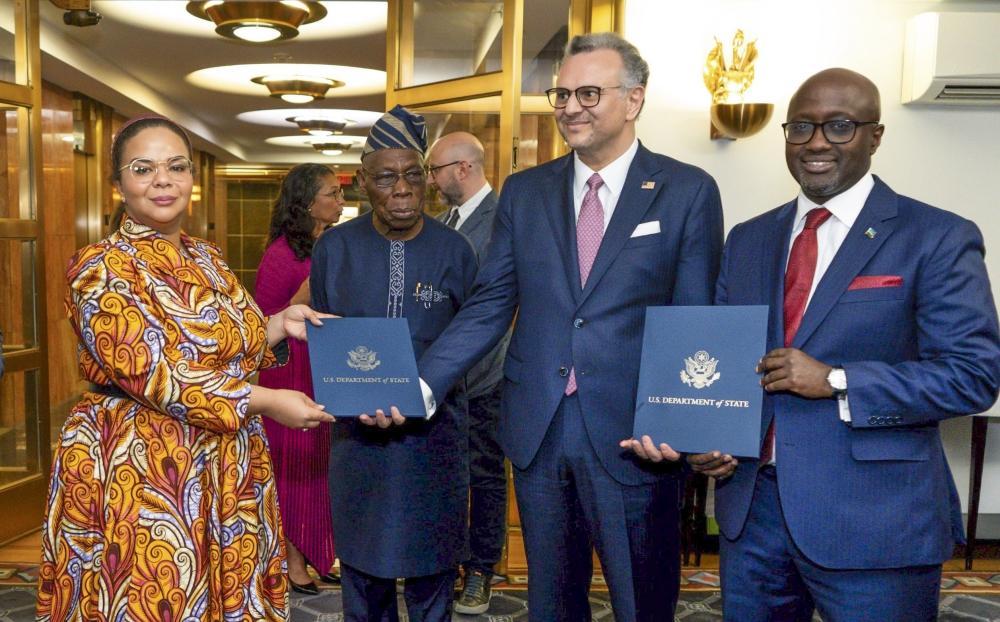Dr. Charles Kiiza
Africa-Press – Rwanda. The U.S.-led peace initiative in the eastern Democratic Republic of Congo (DRC) reflects an overdue attempt to stabilise one of Africa’s most volatile regions.
Yet the insistence that Rwanda unconditionally should allegedly withdraw its troops and weapons from eastern DR Congo—without simultaneously guaranteeing the security of Rwanda’s borders or addressing legitimate threats from genocidal forces operating in the region—risks undermining both the credibility and efficacy of the proposed peace deal.
Rwanda, a nation that continues to carry the scars of the 1994 genocide against the Tutsi, faces a persistent and existential threat from the Democratic Forces for the Liberation of Rwanda (FDLR), a group rooted in that genocidal machinery.
There is credible evidence that FDLR elements have not only found sanctuary in eastern DR Congo but have also been integrated into the Congolese national army (FARDC).
Their presence—alongside the DR Congo government’s apparent failure to dismantle or disavow these actors—poses a clear and present danger to Rwanda’s national security.
In such a context, Rwanda’s defensive posture on the border with DR Congo must be viewed not solely through the lens of geopolitics or international pressure, but as an assertion of its inherent right to self-defense, as enshrined in Article 51 of the UN Charter. No sovereign state should be asked to compromise its own security in the name of peace while the very threats it faces remain active and unaddressed.
The humanitarian crisis and ongoing hostilities between the Congolese Army and M23 rebels—allegedly backed by Rwanda—are tragic symptoms of a deeper, unresolved structural conflict.
Yet to demand that Rwanda should allegedly withdraw without simultaneously confronting Kinshasa’s complicity in supporting FDLR elements, or its failure to protect minority Congolese Tutsi communities from targeted abuses, is to treat the symptom without curing the disease. This is neither just nor strategic.
For any peace agreement to be durable and legitimate, it must be built on the principle of impartiality. If the U.S. is to play a constructive role, it must push both sides equally: urging Rwanda to lower its defensive posture while pressing Kinshasa to dismantle armed groups that threaten regional peace, including the FDLR.
Failure to do so will only embolden spoilers on all sides and undermine the potential for lasting stability.
Without structural reforms within the DR Congo—especially in military accountability, minority protections, and cross-border security cooperation, and addressing the root causes of the ongoing conflict—the current cycle of conflict will simply evolve, not end.
In conclusion, Rwanda should not be coerced to jeopardise its national security. Instead, it should be encouraged to work within a balanced and inclusive peace framework that addresses both the legitimate fears of Kigali and the sovereignty concerns of Kinshasa.
Only then can peace efforts move from fragile to sustainable. Rwanda must assert its right to self-defense—not to prolong conflict, but to ensure that peace is grounded in justice, security, and mutual respect.
The writer is a University Don teaching Diplomacy and International Relations at the University of Rwanda.
Source: The New Times
For More News And Analysis About Rwanda Follow Africa-Press






